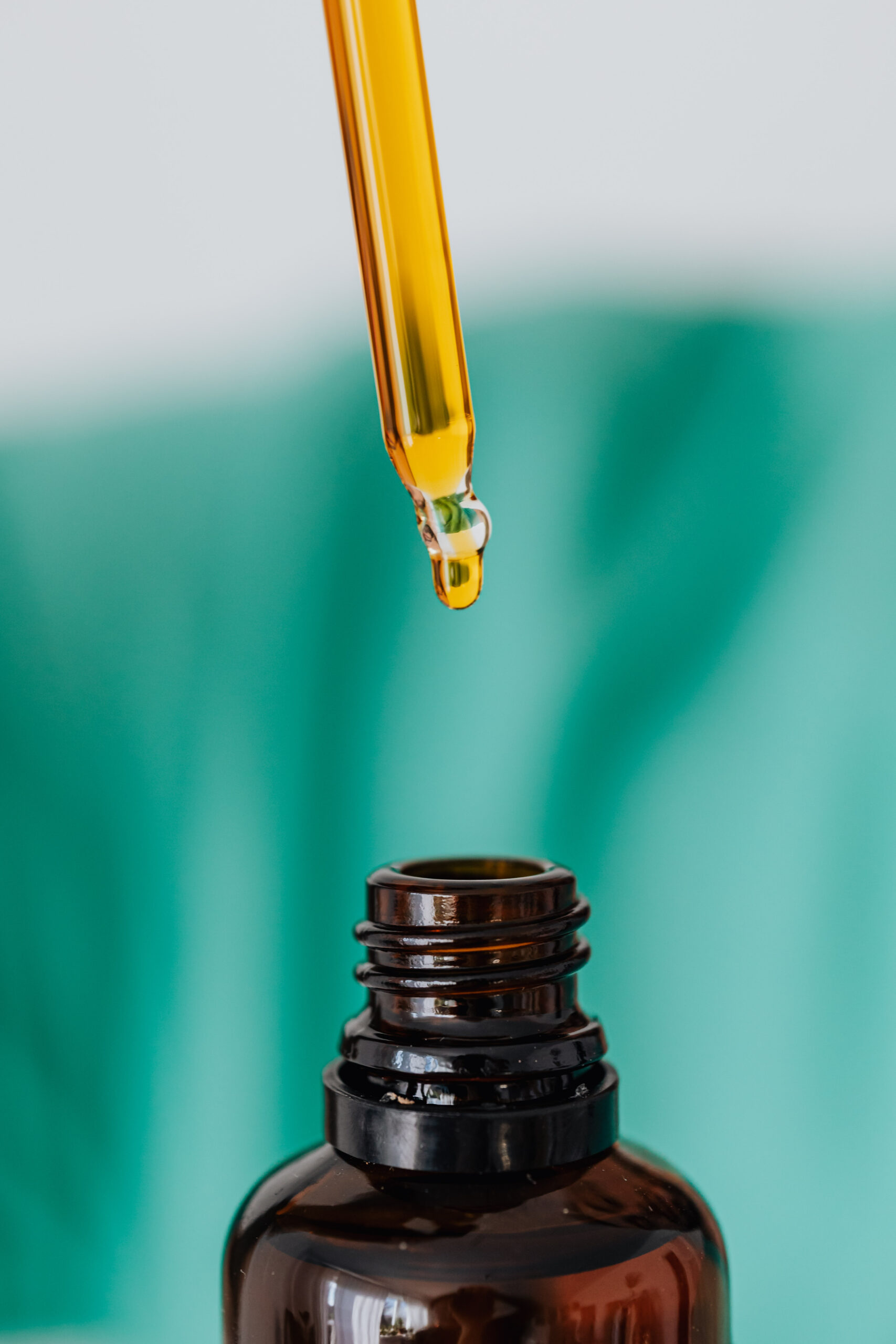What are the possible drug interactions with Carvedilol?
Title: Understanding Possible Drug Interactions with Carvedilol
Introduction:When it comes to managing cardiovascular conditions, Carvedilol stands as a commonly prescribed medication. It is primarily used to treat heart failure, high blood pressure, and certain heart rhythm disorders. While Carvedilol can be highly effective in improving heart health, it is vital to be aware of potential drug interactions that may occur when taking this medication alongside other drugs. Understanding these interactions can help ensure your safety and optimize the effectiveness of your treatment.
1. Beta-blockers:As Carvedilol is itself a beta-blocker, combining it with other medications from the same class can lead to an intensified effect. This can result in excessive slowing of the heart rate and lowered blood pressure. It is essential to consult with your healthcare provider if you are already taking another beta-blocker along with Carvedilol.
2. Blood Pressure Medications:Combining Carvedilol with other blood pressure medications, such as calcium channel blockers or diuretics, may lead to a significant drop in blood pressure. While Carvedilol alone can effectively lower blood pressure, the addition of other blood pressure medications can increase this effect, which may cause dizziness or fainting. Regular monitoring and dose adjustments under medical supervision are crucial in such cases.
3. Nonsteroidal Anti-Inflammatory Drugs (NSAIDs):NSAIDs like ibuprofen and aspirin, commonly used for pain relief and reducing inflammation, may interact with Carvedilol. These drugs have the potential to reduce the blood pressure-lowering effects of Carvedilol, consequently decreasing its effectiveness. Your healthcare provider may recommend alternative pain management strategies if you require NSAIDs while on Carvedilol.
4. Digoxin:Carvedilol may interact with digoxin, a medication used to treat certain heart conditions. The combination of these drugs can lead to an increased level of digoxin in the blood, potentially causing toxicity. Regular monitoring of digoxin levels is necessary if you are prescribed both medications.
5. CYP2D6 Inhibitors:Carvedilol is metabolized in the body by an enzyme called CYP2D6. Medications that inhibit this enzyme, such as fluoxetine and paroxetine used in the treatment of depression and anxiety, can lead to higher levels of Carvedilol in the blood. Your healthcare provider can suggest appropriate dose adjustments or alternative medications to minimize potential interactions.
Conclusion:While Carvedilol is a widely prescribed medication for heart conditions, it is crucial to be aware of possible drug interactions that can affect its efficacy and your overall health. Always inform your healthcare provider about any medications, including over-the-counter drugs and supplements, you are taking to ensure they can make informed decisions about your treatment plan. Open communication, regular check-ups, and following the prescribed dosage will help you achieve the best outcomes while minimizing the risks associated with drug interactions.



